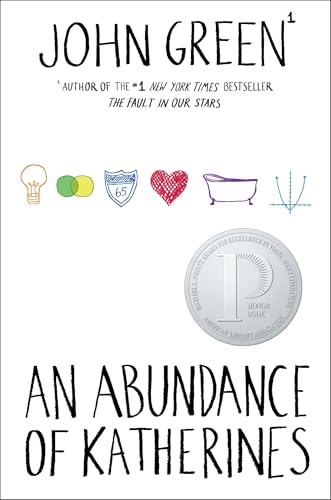 The Book Thief by Markus Zusak
The Book Thief by Markus Zusakrating: 5 of 5 stars
It makes sense to me that Death would not want to get involved in the lives of humans. He must do his job, be dispassionate. He explains quite carefully how he finds distractions in the colors, distraction from the ones he leaves behind, the survivors. So why does he choose to tell a story of a girl in Nazi Germany, a book thief?
Death first sees her when her little brother dies. Her mother is leaving her in the care of others, foster parents. Since this is Nazi Germany, I immediately wondered what would become of her. The girl finds her way with these new parents, with her new school, and you learn she can't read. Her foster father begins to teach her, with her first stolen book, "The Grave Digger's Handbook." Perhaps the title is what caught the attention of Death. Is it her innocent spirit that gets his attention? Is it her knack to find color in the world?
Even while a war rages and Nazi political-correctedness hovers over the lives of Liesel and her friends and family like stink over garbage, kids still go to school, compete in games, and find amusements to relieve their boredom. They also have secrets.
The language of the book is beautiful and compelling, and the reader, Allan Corduner, does do it justice. Listening had its pluses and minuses...it made the storytelling compelling...but it's not so easy to backtrack if you think you missed an important bit. Indeed there's at least one drawing in the book that I didn't see while listening. I look forward to reading the book as well, which I will do for my book group in April '09. I listened to it quite a while ago but am quite behind with my book remembrances.
View on my blog here.



 I loved
I loved 














